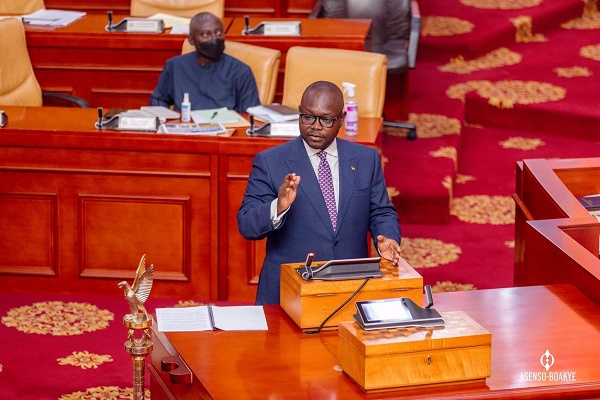Cabinet has approved a new Rent Bill and recommended same for the consideration of Parliament.
It is expected that soon, Parliament will also commence its engagements on the Bill to culminate in its successful enactment.
The Minister of Works and Housing, Francis Asenso-Boakye, made this known at a press briefing in Accra last Sunday.
The briefing was to update the media on recent developments in the housing sector.
He said the Bill sought to ensure that a landlord who demands the payment of rent “in advance for more than one month in a monthly tenancy, or a tenancy which is shorter than one month, or more than one year in a tenancy which exceeds one year, commits an offence” clearly identified in the Bill.
The Bill, the minister said, would also ensure that the rights of “vulnerable tenants” who have been out-priced by the uncontrollable hikes in the cost of renting accommodation were safeguarded.
Outdated
Mr Asenso-Boakye said the existing Rent Act, 1963(Act 220) of 1963 and the Rent Control Law 1986 (PNDC Law138) had outlived their relevance due to the current population growth, urbanisation, housing availability, rental rates, housing redistribution and eviction controls, among other several attendant difficulties that have engulfed the housing sector.
“One subject area that has dominated the housing space for decades is the regulation of the rental housing market in Ghana; the existing law was passed by Parliament 59 years ago,” he observed.
The Bill, the minister noted, would, therefore, ultimately remove inherent constraints and offer incentives, which would stimulate private sector investment in the rental-housing sector.
This, he said, would ensure that property developers were not discouraged from investing in the housing industry by rigid rent control mechanisms.
Participate
The minister implored well-meaning Ghanaians to take particular interest in these engagements to ensure the passage of the Bill into law.
This, he explained, could be done by sending their respective views and expectations to their Members of Parliament for the House to consider for its passage into law.
Source: Graphic












